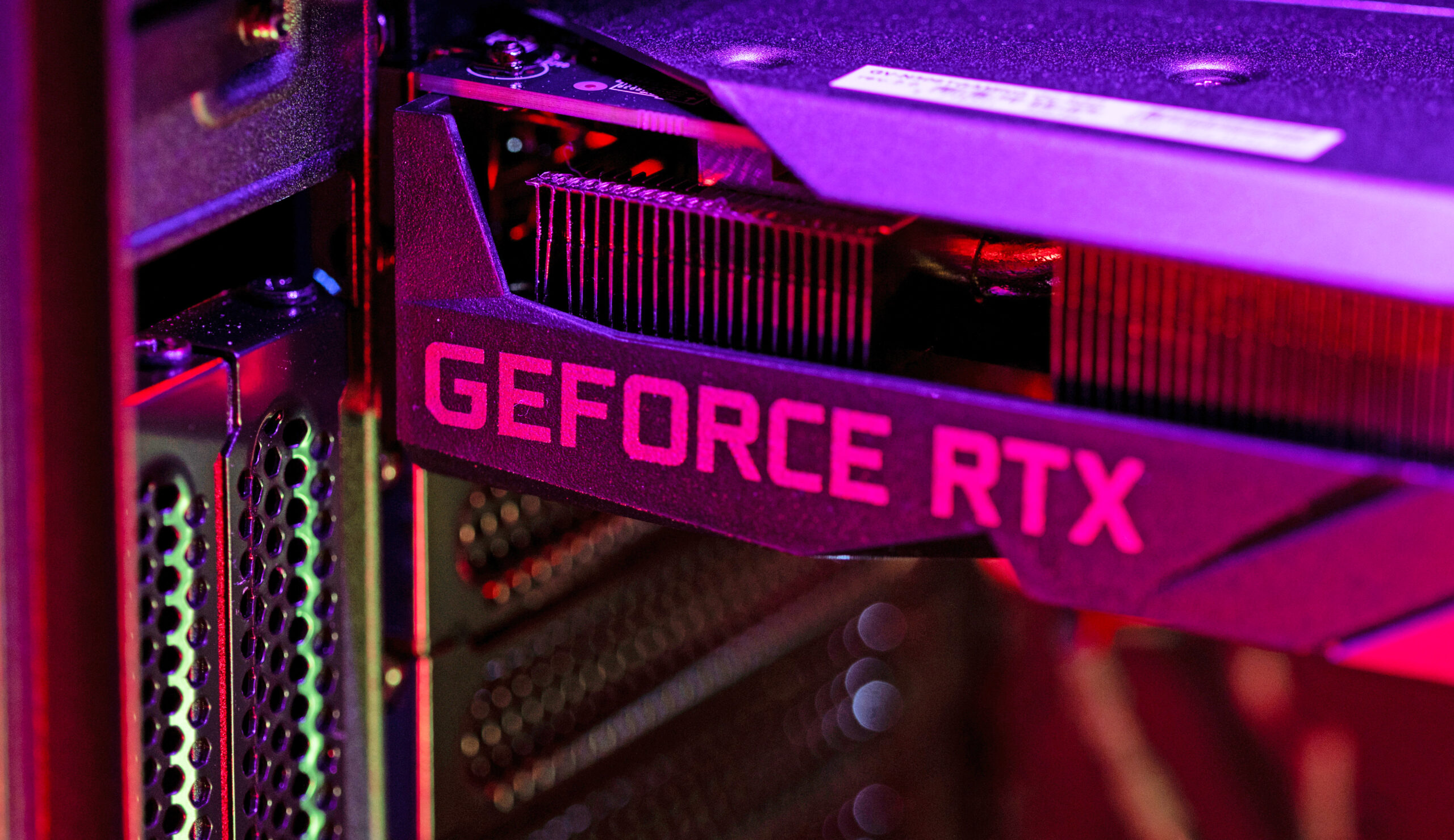Expertise performs an enormous function in almost each facet of economic providers at this time. Because the world moved on-line, instruments and infrastructure to assist individuals handle their cash and make funds have burgeoned the world over previously decade.
With a lot of the finance world now leveraging expertise to conduct enterprise, predict traits and ship providers, monetary providers regulators are additionally growing new applied sciences to watch markets, supervise monetary establishments and conduct different administrative actions. The emergence of purpose-built applied sciences to facilitate regulator oversight has, over the previous few years, garnered its personal moniker of supervisory expertise, or suptech.
Curiosity in suptech is proliferating throughout the globe because of a various set of prudential and conduct regulators. A sampling of regulators growing suptech embrace the FDIC, CFPB, FINRA and Federal Reserve within the U.S.; the U.Okay.’s FCA and Financial institution of England; the Nationwide Financial institution of Rwanda in Africa; in addition to the ASIC, HKMA and MAS in Asia. A number of “tremendous regulators” are additionally engaged in suptech efforts such because the Financial institution of Worldwide Settlements, the Monetary Stability Board and the World Financial institution.
The strides in suptech reveal that inventive pondering coupled with experimentation and scalable, simply accessible applied sciences are jump-starting a brand new strategy to regulation.
On this submit, we’ll study just a few core suptech use instances, think about its future and discover the challenges dealing with regulators because the market matures. The makes use of are numerous, so we’ll deal with three key areas: regulatory reporting, machine-readable regulation, and market and conduct oversight.
A fast basic word: Practically each monetary providers regulator is engaged in some kind of suptech exercise and the use instances mentioned on this article are meant as a pattern, not a complete listing.
However what precisely is suptech?
As a preliminary matter, we must always shortly survey just a few definitions of suptech to border our understanding. Each the World Financial institution and BIS have provided definitions that present helpful outlines for this dialogue. The World Financial institution states that suptech “refers to the usage of expertise to facilitate and improve supervisory processes from the angle of supervisory authorities.” It’s just a little round, however useful.
The BIS defines suptech as “the usage of expertise for regulatory, supervisory and oversight functions.” This can be a equally unfastened definition that describes the broader scope higher.
No matter variations on the margins, the “sup” in these suptech definitions acknowledges the primacy of the concept that regulators’ targets are to supervise the conduct, construction, and well being of the monetary system. Suptech applied sciences facilitate associated regulatory supervision and enforcement processes.
Regulatory reporting
Regulatory reporting refers to a broad swath of actions similar to monetary companies offering buying and selling knowledge to regulatory authorities and regulators’ evaluation of economic knowledge or company data to find out the projected well being or potential dangers dealing with an establishment or the market.
The MAS and FDIC are incorporating transactional and monetary knowledge reported by companies as a method to evaluate their monetary viability. The MAS, along with BIS, has run tech sprints soliciting new concepts regarding regulatory reporting, whereas the FDIC has “a regulatory reporting solution that may enable ‘on-demand’ monitoring of banks versus being constrained by ‘point-in-time’ reporting. This venture is especially focused at smaller, group banks that present solely aggregated knowledge on their monetary well being on a quarterly foundation.”
The HKMA lately outlined its three-year plan for the event of suptech, which incorporates growing an strategy to “community evaluation.” The HKMA will analyze reporting knowledge associated to company shareholding and monetary publicity to carry them “to life as community diagrams, in order that the relationships between completely different entities develop into extra obvious. Higher transparency of the connections and dependencies between banks and their clients will allow HKMA supervisors to detect early warning indicators throughout the complete credit score community.”
These reporting initiatives contact on a theme regulators have repeatedly struggled with: The way to regulate markets and companies based mostly on a reactive strategy to historic knowledge. Regulation and enforcement are sometimes retrospective actions — analyzing previous habits and knowledge to determine find out how to sanction a company or develop a regulatory framework to control a selected kind of exercise or monetary product. This may end up in an strategy to regulation too rooted in previous failures, which could lack the pliability to anticipate or adapt to rising dangers or monetary merchandise.







